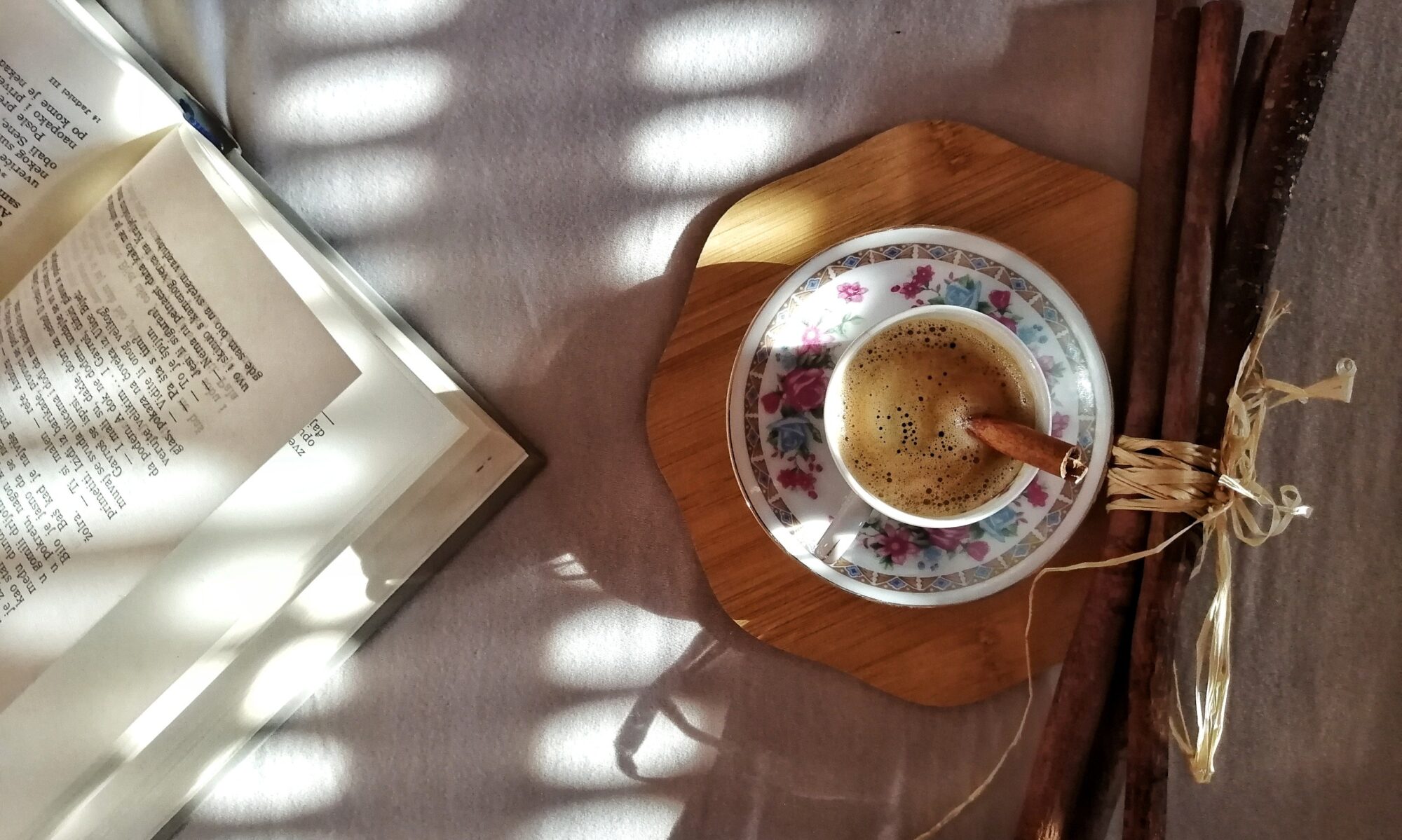December 18-20. Specifics TBD.
Will Crime Fiction Change? 2020’s Impact on Research Methods – Co-organizer Elizabeth Mitchell, Kim Taylor Blakemore, and Robert Dugoni
Travel, interviews, trips to museums, it’s all changed. How crime fiction authors research varies, but there is nothing like an in-person or hands-on-experience to add a layer of reality–especially in the case of police procedurals and historical mysteries. In this talk, three authors in different subgenres under the umbrella of crime fiction will share stories of their research experiences and discuss what it did for their work. They’ll talk about how 2020 and all the hits this year has come with have changed their research process. And as authors are constantly thinking about the future, you’ll hear what’s next for them in terms of research expectations and upcoming books.
Paradoxes of Success: Money & Meaning in Creative Careers – Lucy Bellwood
Our culture has never done a great job of talking about money, but we’re entering an era when honest conversations about financial sustainability are vital to the diversification and resilience of our communities. It’s time to get honest about HOW we make money work in creative fields, while also acknowledging that creative work isn’t all about the cash. In this talk, Adventure Cartoonist Lucy Bellwood does both! Part One draws from Lucy’s decade of self-publishing and freelance experience to cover practical methods for financing creative careers, while Part Two explores the contradictions inherent in our personal and cultural blueprints for success. Participants will come away with a high-level overview of financial tools, plus questions that can help keep us connected to the goals and outcomes that make us feel truly nourished by our creative practice when the going gets rough. Expect nitty-gritty details and heart-stirring feels in equal measure.
Hand-Bound Books – Evan Morgan Williams
Using found materials, from scraps of paper to plastic bags, Evan rebinds his own books. Doing so, he creates new objects whose very design speaks to the thematic material of the stories themselves. During this presentation, he will show the process from beginning to end in real-time. Be prepared to be engaged, inspired, and want to try this yourself.
The Siege of Paris, the Global Pandemic, and Possibility – Paula Butterfield
One of the benefits of reading historical fiction is that we can apply what we learn from history to our lives today. This talk will compare the plight of Paris during the Franco-Prussian War with the Coronavirus Disease 2019 crisis. By looking at the issues Berthe Morisot, the protagonist of La Luministe, faced during the German Siege of Paris—deprivation, illness, and, ultimately, transformation—we can explore how to look at dark times as precursors to possibilities. Just three years after the seige, the Impressionists held their first exhibition in 1874. Berthe Morisot went on to an internationally successful career. Following her example, perhaps we, too, can come out of our third trimester of this pandemic reborn.
The Longest Night: HOCUS Presents Stories of Darkness – HOCUS
HOCUS, Portland’s most conspicuous secret society, opens its metaphorical doors for an observance of the solstice set to include readings, rituals, music, and terrible puns. Readers and writers alike are welcome to join us as we all gaze into our Glowing Rectangles in an effort to make the long nights of winter a little shorter.
Title TBD – Molly Ringle and Allan Batchelder
For both Molly and Allan’s series, entirely new countries were created. The exercise forced them to consider what they wanted to see in a nation and give it features of a land they would want to live in, as well as features that weren’t so commendable—ideally both. (A perfect country isn’t very interesting to read about!) Their fictional worlds also contain magic, in the form of powers wielded by humans and other creatures, which presented additional grounds for societal complications and struggles. The question they posed to themselves was: it possible to write about a fictional country and have it be pure escapism, or can we never avoid an oblique commentary on our own times? Join them for a discussion of fantasy lands and what they mean to us in our real countries, and how that notion changes year by year—and even day by day, in a year like 2020.
Title TBD – Margaret Pinard
The Rise of Secular Spirituality in the US – Becky Garrison
Becky Garrison has been reporting on religion on the fringes since 1994, where she’s had a front-row seat in viewing this ongoing exodus of people leaving institutionalized Christianity. In this 30-minute presentation, Garrison will share her findings and analysis regarding the ongoing demise of both conservative and progressive Christianity and the rise of secular spiritual communities. In particular, Garrison documented the prevalence of communities in the Pacific Northwest that celebrate the sacred sexuality and spirituality of the Celtic ethos inspired by the natural beauty of this region of the United States. Also, online platforms such as meet-ups and private Facebook groups serve as hubs for those seeking community. In these groups they find a degree of privacy and security that allows conversations and connections to flourish without religious organizational involvement.
Fictionalizing Your Past – Debby Dodds
Memoir, Creative Nonfiction, Fiction, Roman a Clef, Autobiographical fiction…so many genres- how do you decide as an author which one makes the best vehicle for your story? We will discuss the pros and cons of these choices and how the line continues to blur in novels. Debby Dodds wrote her first novel- Amish Guys Don’t Call- based on a story from her teenage life and then asked “What If?” and updated it to modern day. Her second novel is also based on a true story but is being fictionalized in a very different way. We will also reference the novels: Educated, We Ride Upon Sticks, Their Eyes Were Watching God and The Things They Carried among others to parse out what devices work the best to make individual stories shine. The author will also discuss how growing up surrounded by the Amish affected her story and how she researched that very closed community for details for the more fictional segments of her story.
An Inclusive of the American Revolution – Lars Hedbor
There’s a tendency to view the American Revolution as having been exclusively the doing of men in powdered wigs sitting heroically astride their white horses. Nothing could be further from the truth, and it’s crucially important to understand that the founding of our nation is a story that we are all a part of. Lars will discuss the contributions of Black, Latinx, and Native Americans, and discuss how Lars has highlighted those contributions in his historical fiction.

